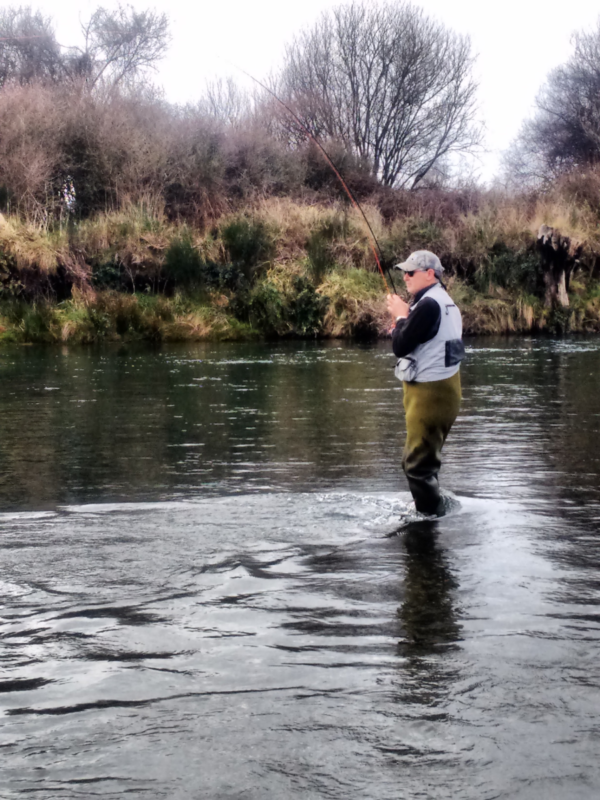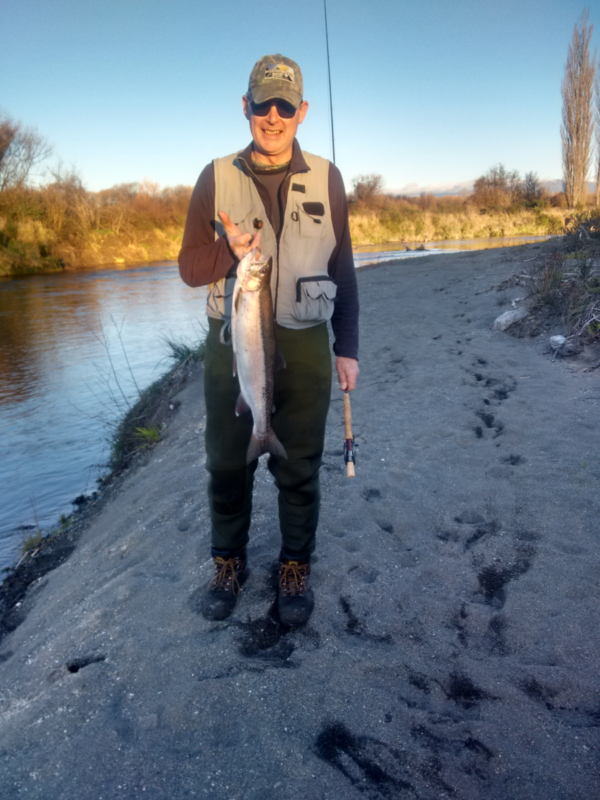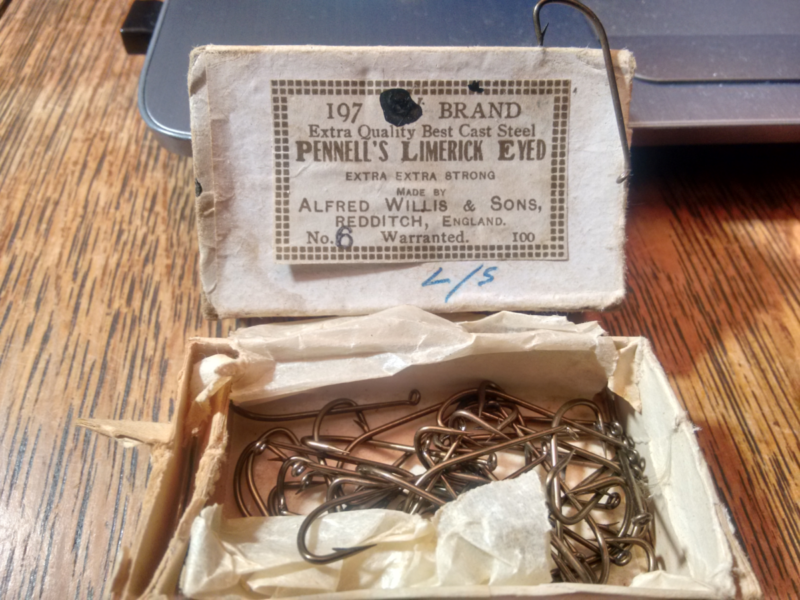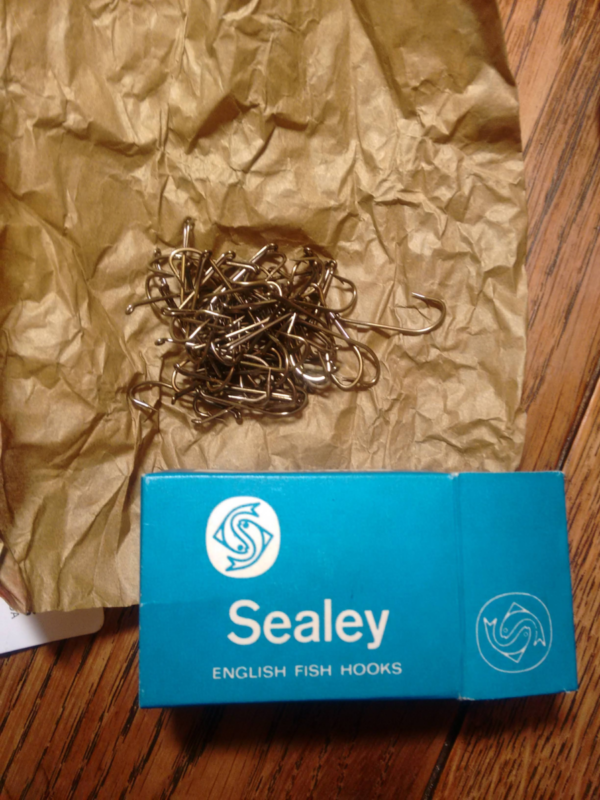In retirement I wanted to be a Luddite. In order to know what is going on in the world I have had to learn new electronic technology which my grandchildren cope with easily – and I struggle. No sooner have I learned the new ways than a new update appears or a significant change occurs through a replacement programme and I have to start again. This has caused me a 24 hour delay.
Add to this we have Covid 19. I am told that because we have been in Level 2 before that I should know the requirements of level 2 – but I don’t. I have referred to the app (on my old cell phone) and at last found my way to the information I wanted. I now know that a mask is almost mandatory when I am in public – it wasn’t first time round.
Bob Kingston.
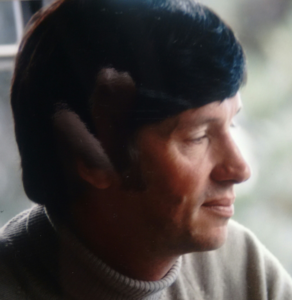
I take the liberty here to record my privilege to have known Bob Kingston and his family. Bob was a Wanganui boy who went to England with his wife Helen on their OE. He found work in England as an engineer with Sir Alexander Gibb – the ‘architects’ of the Tongariro Power Scheme. He returned to Turangi as the last Sir Alexander Gibb engineer on the Tongariro Power Development.
He and John Hunter (Rowing 8 Munich Gold medalist MoW engineer) commissioned the Tokaanu Power Station. Bob was not an angler but was a conservationist and loved this area. Bob was involved in many Turangi activities – the Turangi Film Society and the Turangi Historical Society led by Allan and Barbara Cooper (author of The Remotest Interior and several booklets). He loved sailing and exploring. After Turangi Bob worked in Indonesia, Botswana, Malaysia and was with Tonkin and Taylor in Christchurch at the time of his retirement. Sadly Bob died in the weekend after a two year battle with cancer. Helen and daughter Anna survive him.
Fishing
The weather over the last few days has been cold but otherwise sunny and calm. Today it is cold, calm and wet. Mornings have been frosty (-5). Pollen is everywhere
I’ve enjoyed my fishing days. The fish are of high quality. A 5lb fish is a good catch. I would guess that 4lb is common. Fish are in good condition and red/ orange flesh colour is excellent.
Slabs are beginning to appear in the catch down river as are the remains of dead fish. I would like to know the cause. Is it simply the rigours of spawning, stress from being caught and then released, improper handling of fish at the time of release? I don’t know the definite answer. An angler landed a fish close to where I was and he released it. He had caught the fish two pools above me. I asked him what he thought the chances were that the fish would survive. He replied, “Pretty good. You don’t see a lot of dead fish around” and I agreed that was the case, but it caused me to look and now later in the season I am noticing more dead fish.
Photos of anglers playing a fish. It’s the concentration I enjoy. The photo I have chosen is of Barry Keane playing a strong fish in a strong current. Then with the fish caught.
WRC Flood Protection Work 2020-2021
We are now able to put on our website (Key Documents) the 2020-2021 Waikato Regional Council flood protection work for the Tongariro River. The river appears to me to be in good condition at this time. Gravel bottom is further downstream than I have seen for some time though the edges of the flow have some treacherous quicksand -like areas as the very fine sediment builds in the very quiet water. It can be difficult to fight the suction of these sediments when you put a foot in them. Tread carefully when not on the gravel bottom.
Changes in Fishing equipment (hooks)
I was given a packet of English Sealey fish hooks and Pennell’s extra extra strong hooks.
The hooks were vintage. The Sealey hooks were fragile and easily broken. No plastic in the presentation. The packaging was interesting as the photo shows. The Pinnell hooks suffered the same problem.
I tried to buy Mustad Hooks in Oslo last year only to be told they were not a good standard any more. I used them and found them suitable but obviously the afficianados don’t agree.
Eric Wilson
Secretary

